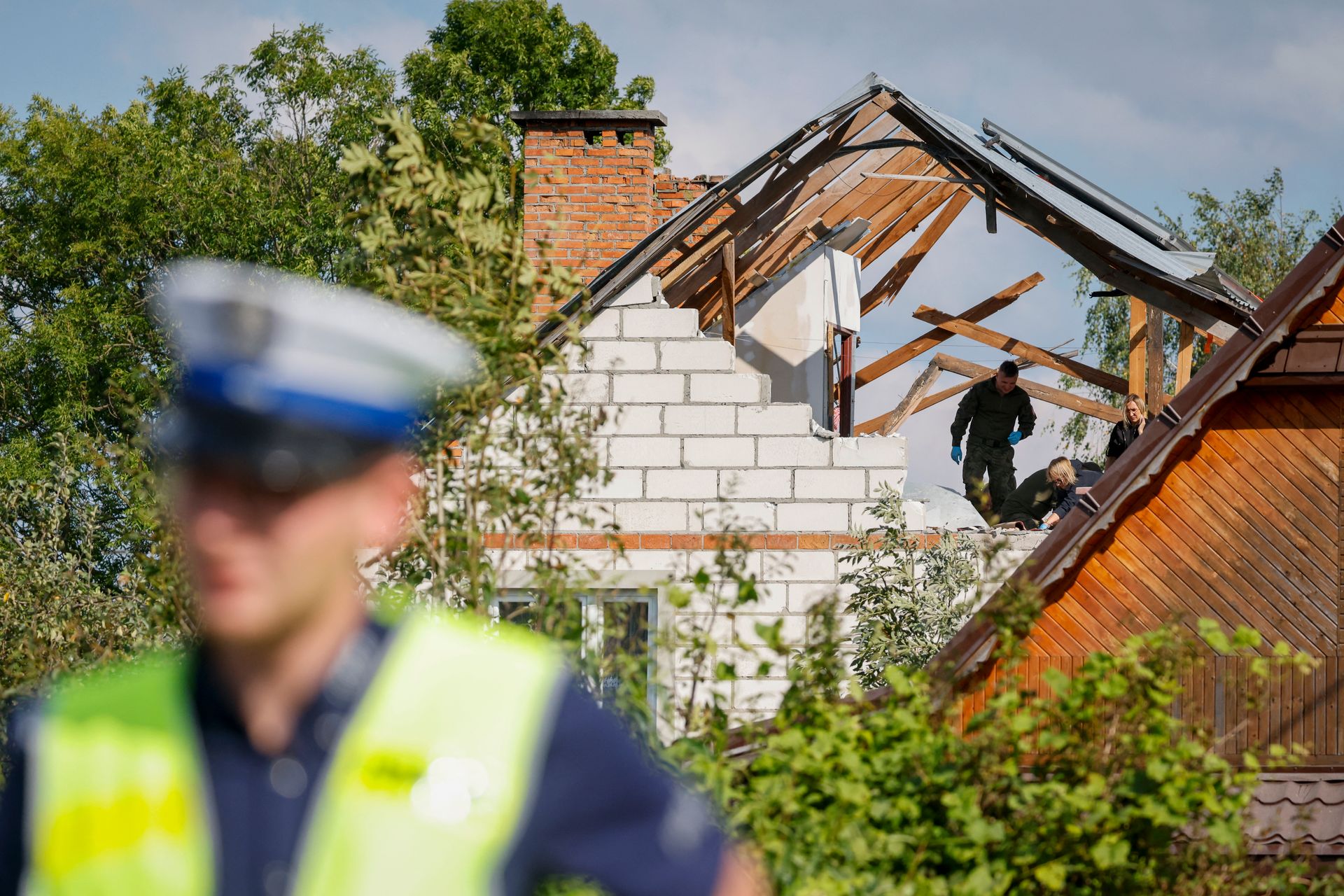Russian officials named as suspects in killing of EuroMaidan protesters

Director of Russia's Federal Security Service (FSB), Alexander Bortnikov, Russian Internal Affairs Minister Vladimir Kolokoltsev, and their subordinates have been named as suspects in an investigation into the killing of EuroMaidan protesters in 2014, Ukraine's State Bureau of Investigation announced on Sept. 10.
"The Russians personally visited the central districts of Kyiv, in particular Independence Square, assessed the situation on the spot and further adjusted... the operational plan of neutralizing protest actions with the forceful dispersal of demonstrators," the statement said.
The EuroMaidan protests broke out in late 2013 and continued into 2014 after former President Viktor Yanukovych refused to sign an association agreement with the EU and instead chose to continue pursuing a pro-Russian agenda.
Russian officials who visited Kyiv illegally provided grenades intended to suppress the EuroMaidan protests, the agency said.
"So from Russia, there were illegally supplied manual gas grenades 'Drife-2,' light-noise grenades 'Zarya-2,' 'Torch-C,' and 'Flame-M,' manual smoke grenades."
The Russian officials also suggested deploying additional "Berkut" riot police and internal troops to counter the protestors.
"According to their recommendations, a backup command point was set up in a conditioned location in Kyiv to manage counter-protest operations," the State Bureau of Investigation said.
After the EuroMaidan protests concluded, Russian officials harbored Ukrainian security forces involved in the crackdown, providing them with Russian passports and jobs.
"In January-February 2014, these measures were illegally used against protesters. The dispersal plan under the guise of an anti-terrorist operation was implemented on February 18-19, 2014, killing 13 people and injuring more than 250," the agency said.
The EuroMaidan protests lasted several months and gathered as many as 1 million protesters, as Yanokovych attempted to pursue a pro-Russian political trajectory and reduce civil liberties.












